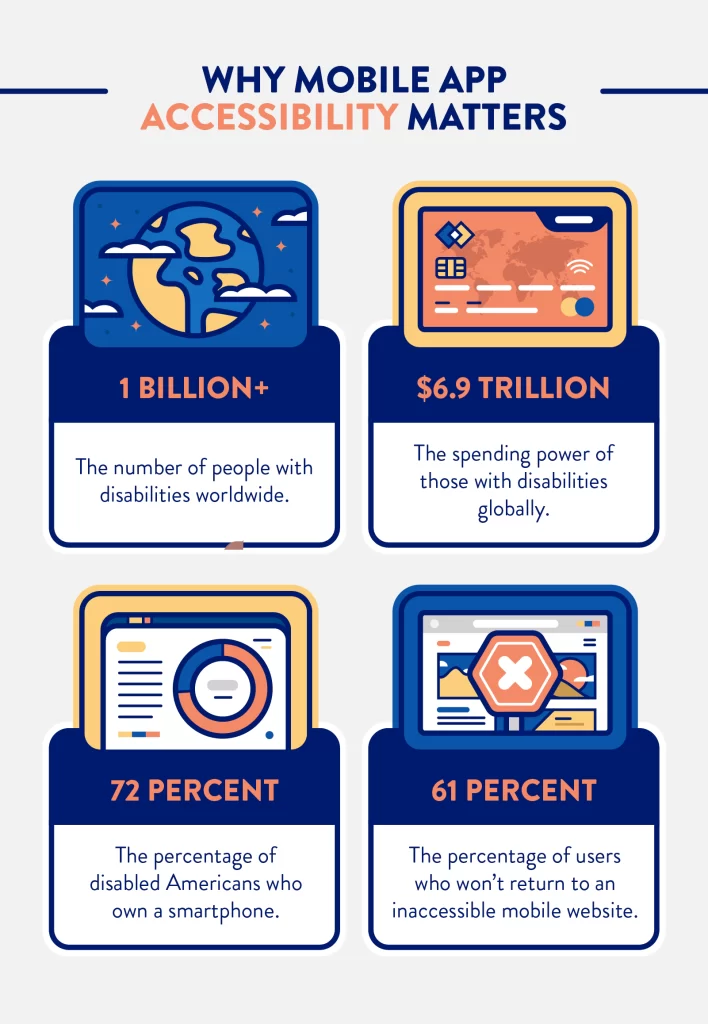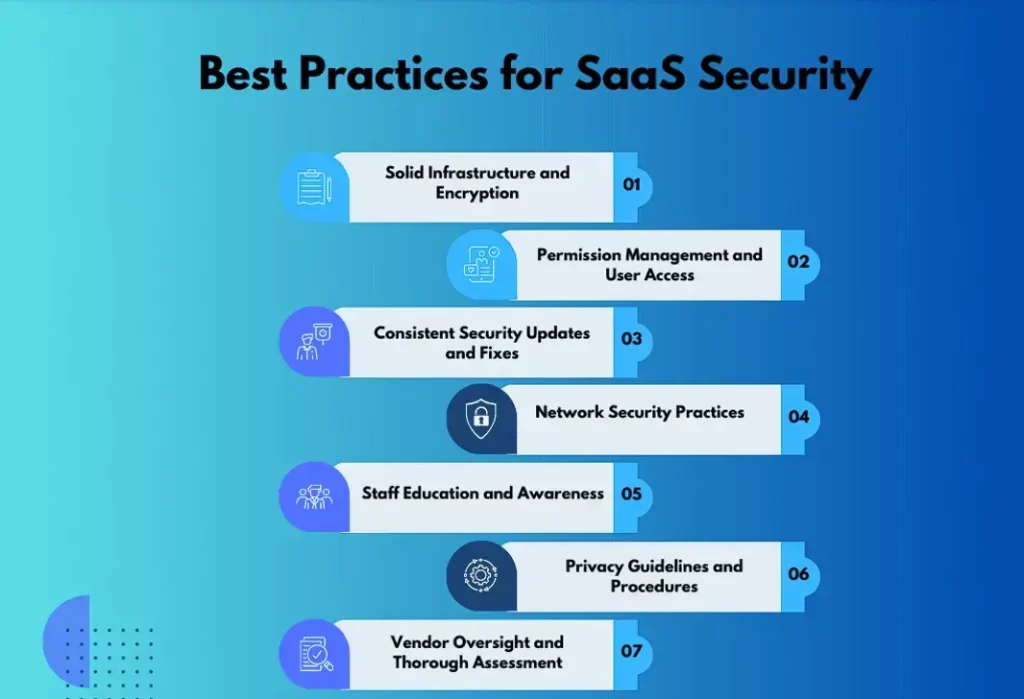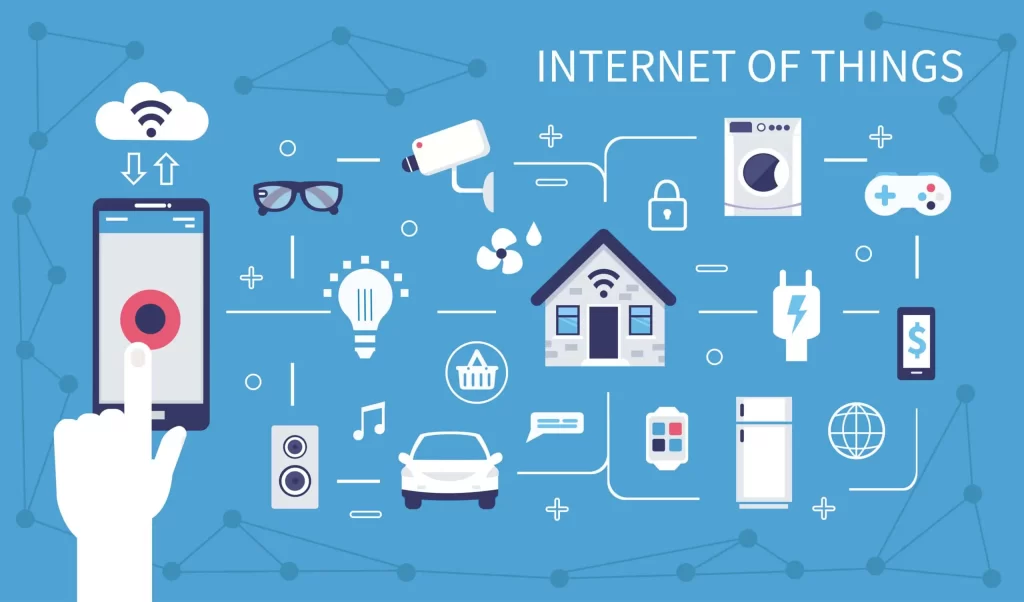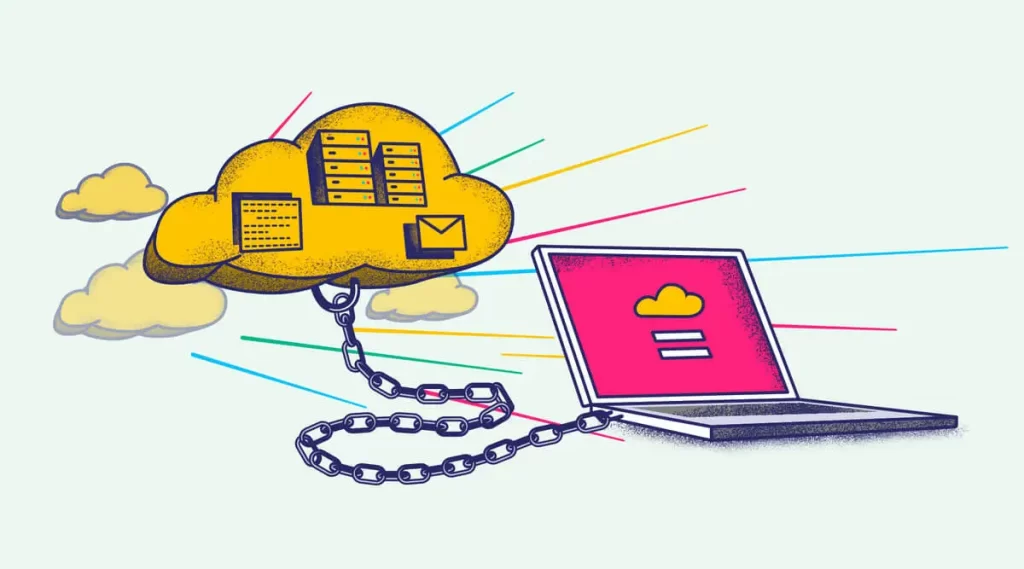SaaS Mobile App | Facts, Benefits & Futuristic Scope

In today’s rapidly evolving technological landscape, Software as a Service (SaaS) has emerged as a groundbreaking model, revolutionizing the way businesses operate. SaaS mobile apps, in particular, have become integral to this transformation. This article delves into the facts, benefits, and futuristic scope of SaaS mobile apps, highlighting their significance and potential.
Content
What is a SaaS Mobile App?
A SaaS mobile app is a cloud-based service accessible via mobile devices, offering software applications over the internet. Users can access these applications without needing to install or maintain them locally. This model offers unparalleled flexibility and scalability, making it an attractive option for businesses of all sizes.
Key Facts About SaaS Mobile Apps
1. Accessibility and Convenience

SaaS mobile apps can be accessed from anywhere with an internet connection. This accessibility allows users to work remotely and stay productive on the go.
2. Cost-Effective
These apps eliminate the need for hefty upfront investments in hardware and software. Instead, businesses can subscribe to services on a pay-as-you-go basis, reducing financial burdens.
3. Automatic Updates
One of the significant advantages of SaaS mobile apps is that they are always up-to-date. Service providers handle updates and maintenance, ensuring users always have access to the latest features and security enhancements.
4. Scalability
SaaS mobile apps can easily scale to accommodate the growing needs of a business. This scalability ensures that companies can expand their operations without worrying about software limitations.
Further reading Suggestion: FC Maisons-Alfort gagne contre Paray FC : Grâce au triplé de Marcel Kotcharian inscrit au match aller
Benefits of SaaS Mobile Apps
1. Enhanced Collaboration
SaaS mobile apps facilitate seamless collaboration among team members. Features like real-time editing, file sharing, and communication tools help teams work together efficiently, regardless of their physical location.
2. Improved Security

With data security being a paramount concern, SaaS providers invest heavily in advanced security measures. This includes encryption, regular security audits, and compliance with industry standards to protect sensitive information.
3. Reduced IT Workload
By outsourcing software maintenance and updates to SaaS providers, businesses can significantly reduce the workload on their IT departments. This allows IT teams to focus on more strategic initiatives rather than routine maintenance tasks.
4. Business Agility
SaaS mobile apps empower businesses to quickly adapt to changing market conditions. The flexibility to add or remove features as needed enables companies to stay agile and responsive to customer demands.
5. Cost Savings
The subscription-based model of SaaS mobile apps helps businesses save on costs associated with software licenses, hardware, and IT infrastructure. This cost-effectiveness is especially beneficial for small and medium-sized enterprises (SMEs) looking to optimize their budgets.
Futuristic Scope of SaaS Mobile Apps
1. AI and Machine Learning Integration
The integration of artificial intelligence (AI) and machine learning (ML) into SaaS mobile apps is set to transform the way businesses operate. These technologies can provide predictive analytics, personalized user experiences, and automation of routine tasks, enhancing overall efficiency.
2. Internet of Things (IoT)

The IoT ecosystem is expanding, and SaaS mobile apps are poised to play a crucial role in this growth. By connecting various IoT devices, SaaS apps can provide real-time data insights, improve operational efficiency, and enable smarter decision-making.
3. Blockchain Technology
Blockchain offers enhanced security and transparency for SaaS mobile apps. By incorporating blockchain, businesses can ensure the integrity of their data, streamline transactions, and build trust with their customers.
4. Increased Customization
Future SaaS mobile apps will offer even greater customization options, allowing businesses to tailor the software to their specific needs. This customization will lead to more personalized user experiences and higher satisfaction rates.
5. Augmented Reality (AR) and Virtual Reality (VR)
AR and VR technologies are making their way into SaaS mobile apps, providing immersive experiences for users. These technologies have the potential to revolutionize industries such as retail, education, and healthcare by offering innovative solutions.
6. Enhanced Mobile Payments
As mobile payments continue to grow in popularity, SaaS mobile apps will integrate more advanced payment solutions. This will include secure, seamless payment processing, making transactions easier and more convenient for users.
Further reading suggestions for you: Flex Pay Now Comes with PayTomorrow to Put Superior Internet into the Hands of Everyone
Challenges and Considerations
1. Data Privacy and Compliance
While SaaS mobile apps offer numerous benefits, they also raise concerns about data privacy and compliance. Businesses must ensure that their SaaS providers adhere to strict data protection regulations and maintain transparency in their data handling practices.
2. Reliability and Downtime
Reliability is crucial for SaaS mobile apps, as any downtime can impact business operations. Selecting a reputable SaaS provider with a proven track record of high availability and minimal downtime is essential.
3. Integration with Existing Systems
Integrating SaaS mobile apps with existing systems can be challenging. Businesses need to ensure that the new software integrates seamlessly with their current infrastructure to avoid disruptions and maximize efficiency.
4. Vendor Lock-In

Dependence on a single SaaS provider can lead to vendor lock-in, limiting flexibility. Businesses should consider multi-vendor strategies and ensure they have exit plans in place to avoid being locked into unfavorable terms.
Conclusion
SaaS mobile apps have revolutionized the way businesses operate, offering unmatched flexibility, cost savings, and scalability. As technology continues to advance, the future of SaaS mobile apps looks promising, with innovations such as AI, IoT, and blockchain poised to further enhance their capabilities. By understanding the benefits and addressing the challenges, businesses can leverage SaaS mobile apps to stay competitive and drive growth in an increasingly digital world.
FAQs
What are SaaS mobile apps?
SaaS mobile apps are cloud-based applications accessible via mobile devices, offering software services over the Internet without requiring local installation or maintenance.
How do SaaS mobile apps enhance business productivity?
SaaS mobile apps enhance productivity by providing remote access, facilitating collaboration, and offering real-time updates and communication tools.
What are the future trends for SaaS mobile apps?
Future trends for SaaS mobile apps include the integration of AI and machine learning, expansion of IoT capabilities, blockchain technology, augmented and virtual reality, and enhanced mobile payments.

Shawn Davis is a wonderful person. He is very nice and always willing to help out! He loves his job because it lets him share interesting things with people who want to know about new developments in the world of technology.

